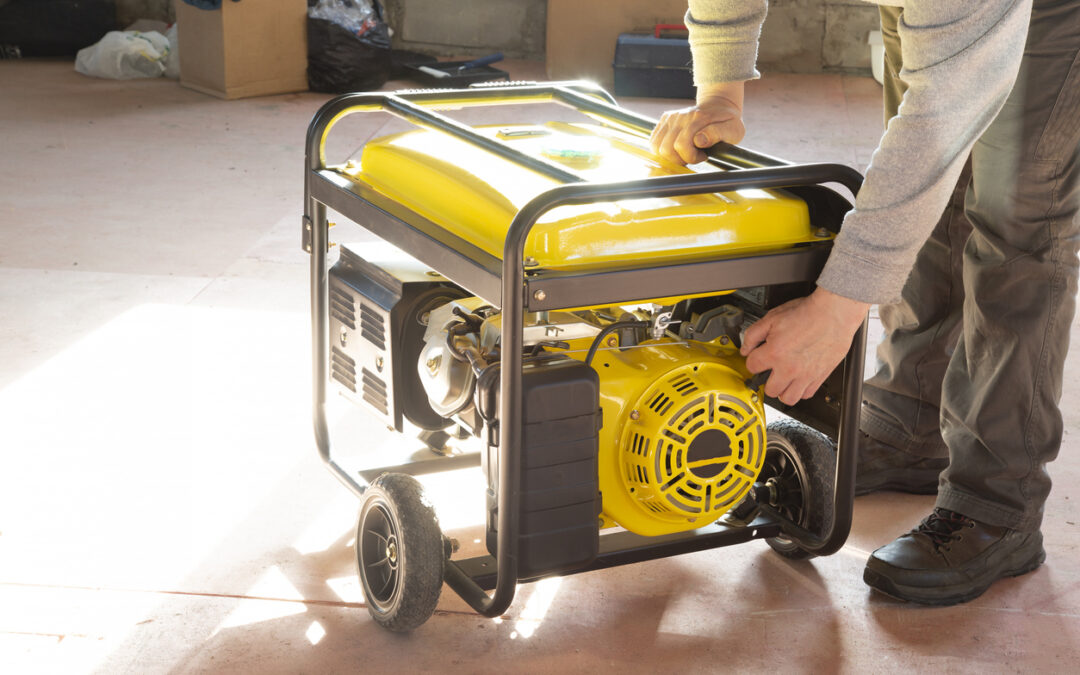Determining the appropriate generator capacity for your home is a crucial decision to ensure that you have a reliable backup power source during outages. The capacity of the generator you need depends on various factors, including the size of your home, your specific power requirements, and your budget.
Here are some considerations to help you determine the right generator capacity for your home.
Firstly, assess your power requirements. Start by identifying the essential appliances and systems you want to power during an outage. These typically include lights, refrigerators, heating or cooling systems, water pumps, and communication devices. Next, calculate the combined wattage of these appliances and systems. This will give you an estimate of your minimum power requirements during a blackout.
Consider the size and layout of your home. Larger homes with more rooms and appliances will generally require a higher-capacity generator. If your home is spread out with separate structures like a garage or a workshop, you’ll need to factor in power needs for those spaces as well. Additionally, homes with larger central heating or cooling systems will need generators with greater capacity to accommodate the initial surge in power demand when these systems start-up.
Think about your budget and priorities. While it’s essential to have enough capacity to cover your basic needs, you can also opt for a generator with a higher capacity if your budget allows. A larger generator will provide the flexibility to power more appliances or systems simultaneously, adding convenience during extended outages. However, it’s essential to strike a balance between your power needs and budget constraints.
Consider the type of fuel you want to use. Generators can be powered by various fuels, including natural gas, propane, diesel, and gasoline. The availability and cost of these fuels in your area can influence your choice. Natural gas generators, for example, offer a continuous and uninterrupted fuel supply, making them an attractive option if you have access to a natural gas line.
Think about the duration of outages you want to prepare for. If you live in an area prone to frequent and extended power outages, a generator with a larger capacity may be preferable. It ensures that you can maintain essential functions, such as refrigeration and heating, for an extended period without worrying about overloading the generator.
Consult with a professional. To determine the exact generator capacity you need, it’s advisable to seek guidance from an electrician or generator expert. They can perform load calculations, assess your electrical system, and provide recommendations based on your specific circumstances.
Adequate preparation ensures that you have a reliable backup power source that can maintain your essential functions and provide safety, comfort, and peace of mind during unexpected power disruptions. Contact Brotherlylove Electric LLC to schedule a consultation or appointment today to learn more about generators. They are there to serve you.
